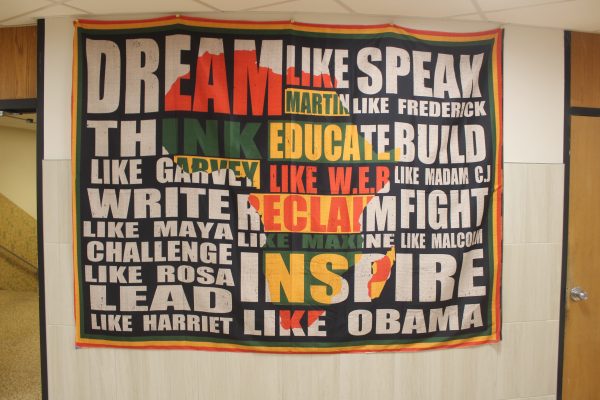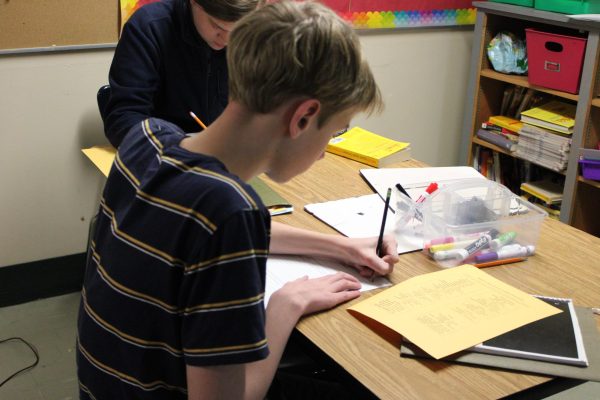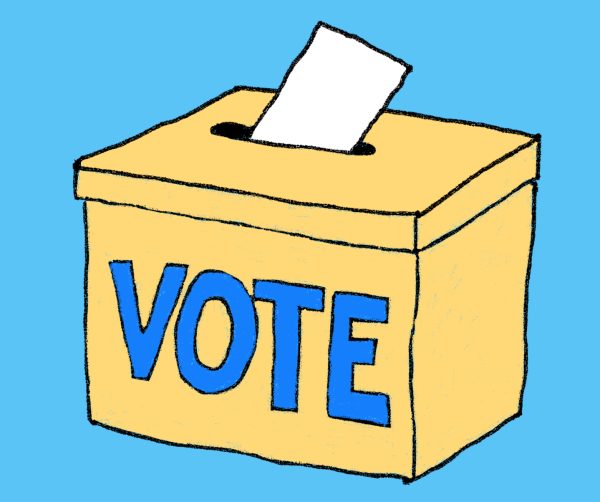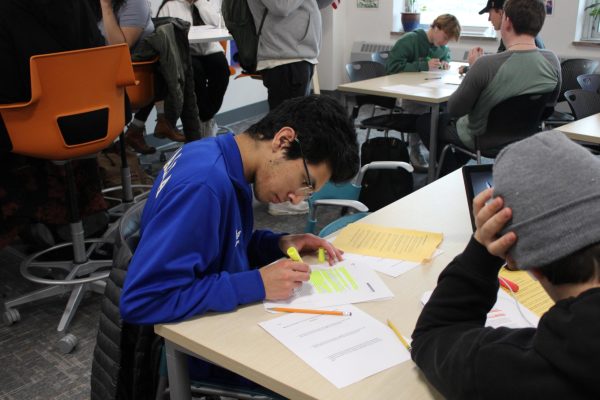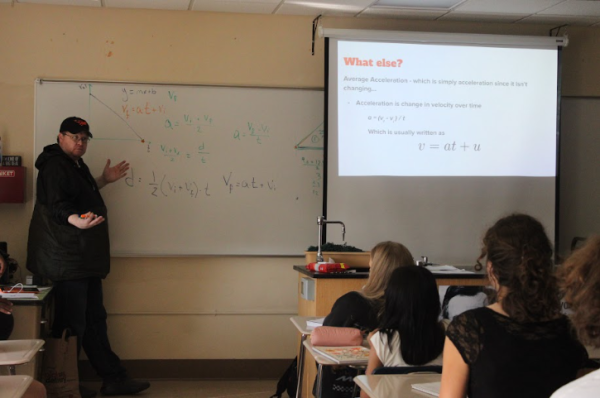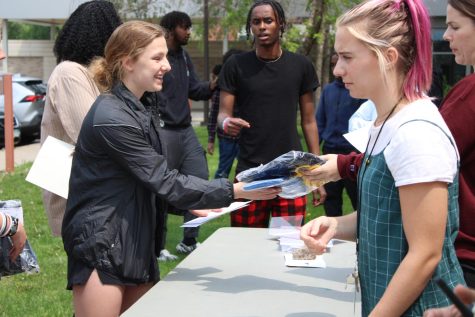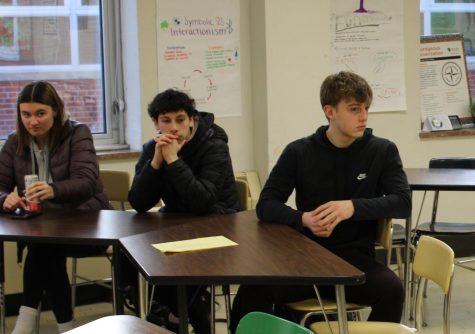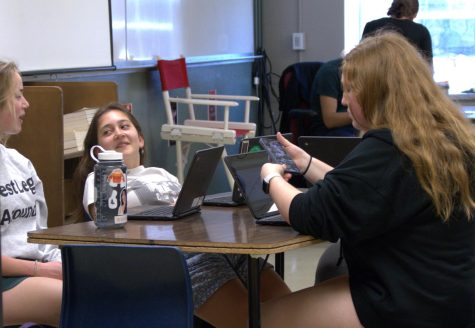Check news before assuming
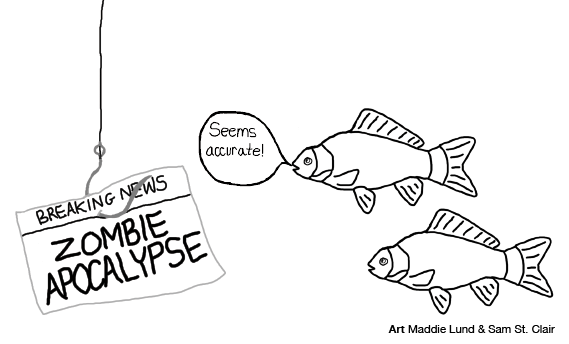
January 10, 2017
In order to stay educated on local, national and global events, following an accurate form of news is essential.
However, in recent years the problem of fake news escalated along with the rise of social media. We, the Echo staff, implore students to be aware of false news reports and to try to avoid such content as much as possible when encountered on social media.
Fake news, in a broader sense, can be defined as any article or story that spreads fabricated facts to deceive an audience into believing or spreading something created for attention.
However, articles that particularly only show one side of the story, for example in political settings, also pose a problem. The reliance on news only tailored to an individual’s opinion could also be seen as less than truthful news. Both situations are examples of what students should be aware of.
Where false news reports originate and they spread also plays a large role. Often, fake news stories start as satirical pieces written for the sake of comedy or for misleading readers. When taken out of context, these articles can have adverse effects on the general public. Along with word of mouth, social media works as a vehicle for fake news to spread out of control.
While receiving news through social media should not be condemned, news consumers need to stay aware and cautious of fake news as to not be fooled by falsehood and lies.
Students should also attempt to fact check most news they read on social media and not take things at face value. Finding multiple news sources on a topic provides far more perspective than merely taking one viewpoint.
One-sided stories will only give you half the information, ensuring bias in the article. Fact checker sites such as Snopes.com help in making sure non factual information does not go unchecked. These sites work to verify and invalidate new articles.
The problem also lies in how to tell which articles are fake and which are real. Many signs point at a news article as being either false or only spouting half-truths such as outrageous facts or clickbait headlines.
Articles that can be defined as clickbait should be avoided, as misleading headlines can be misunderstood for true when spread through simple word of mouth. If an article seems too extreme, the article most likely produces satire or false information.
However, the blame does not all go to the consumers of news. News sources should also work to explicitly label articles as what they describe.
As a newspaper, we, the Echo staff, will work to make sure our subject matter correctly reflects the type of story written and to explicitly label stories as such.
To avoid false information and bias views, students should focus on taking in correctly distributed, not biased and factually correct news.
The Echo editorial board suggests avoiding clickbait articles, fact checking with other sources, using common sense when viewing article headlines and not automatically take everything for truth.
In the exception of a case of humorous satire, fake news should be handled cautiously. If not, such articles can lead to confusion, especially when spread through social media.



